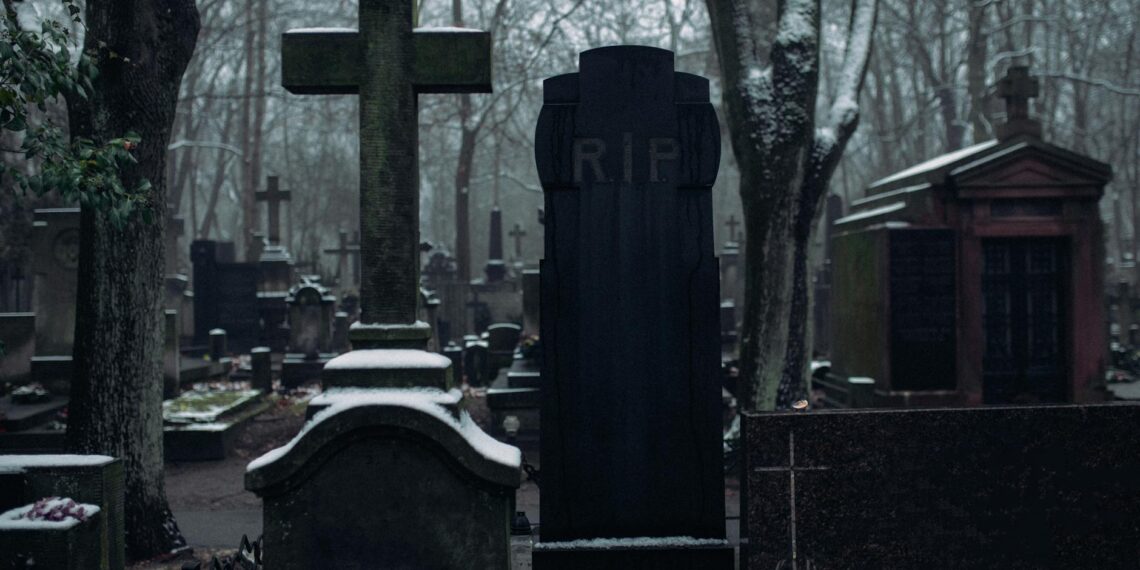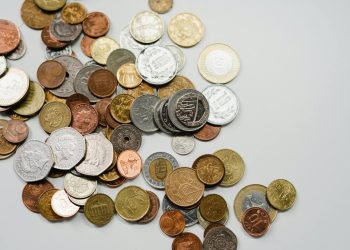Leaving coins on a headstone, especially in military cemeteries, is a tradition with a specific meaning.
- Penny: Signifies that the visitor stopped by to pay their respects to the deceased veteran.
- Nickel: Indicates that the visitor and the deceased trained at boot camp together.
- Dime: Suggests that the visitor and the deceased served together in some capacity.
- Quarter: The most significant coin, it means the visitor was present when the veteran died.
- The tradition can be traced back to the Roman Empire, where soldiers would place coins in the mouths of fallen comrades to ensure safe passage across the River Styx into the afterlife.
- In the US, this practice gained popularity during the Vietnam War, providing a way for veterans to honor fallen comrades and communicate respect to their families without engaging in potentially uncomfortable discussions about the politically sensitive war.
- Coins left on gravesites are typically collected by cemetery staff, often monthly.
- The money collected is used for cemetery maintenance, burial costs for soldiers, or care for indigent soldiers.
In essence, leaving a coin on a veteran’s headstone serves as a quiet, respectful tribute and a form of communication, acknowledging their service and shared experiences.










